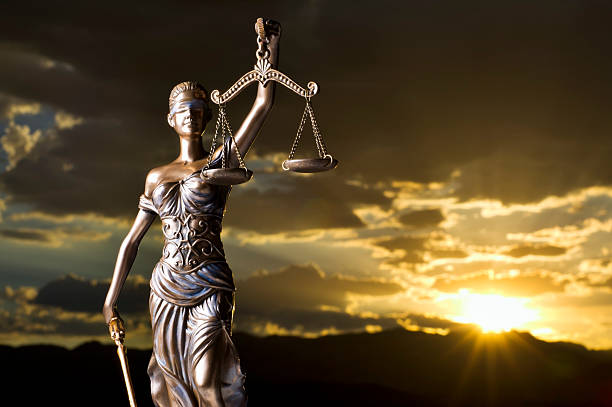An Epistemological Study of Apollo 17: A Do-It-Yourself Guide to Proving Photo AS17-134-20384 Is Fraudulent

As a hobbyist Moon-landing denier, I write for different types of audiences open to the reality that Apollo was a comical fraud, Santa Clause for the boomer generation. For those who enjoy getting straight to the point, I have a series of photo analyses [*1]. For those who enjoy pondering the philosophical implications of the fraud, I have a lengthier analysis [*2]. And for those who want something in between, I have you covered too [*3]. The best type of knowledge is foundational. You know what you had for dinner last night, because you ate it. You know what your neighbor had for dinner last night, because that's what he told you. Absent faulty memory or broken senses, the former is known with certainty. The latter you believe as a symbol of your trust in your neighbor, but you don't know for sure. Let's say your neighbor sends you a picture of himself on vacation, but you discover the image he sends is fake (perhaps he's standing by a convincing cardboard cutout of...


